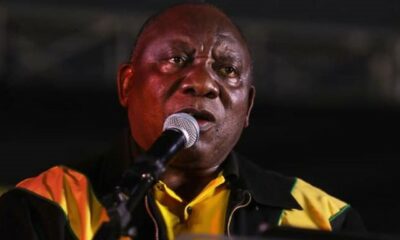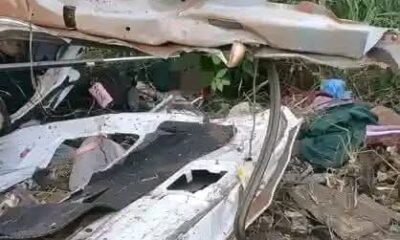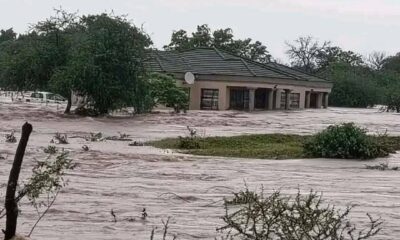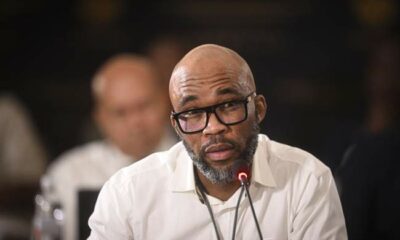News
South Africa’s Tipping Point: Failing Law Enforcement and Fractured Politics Ignite Fears of Social Unrest
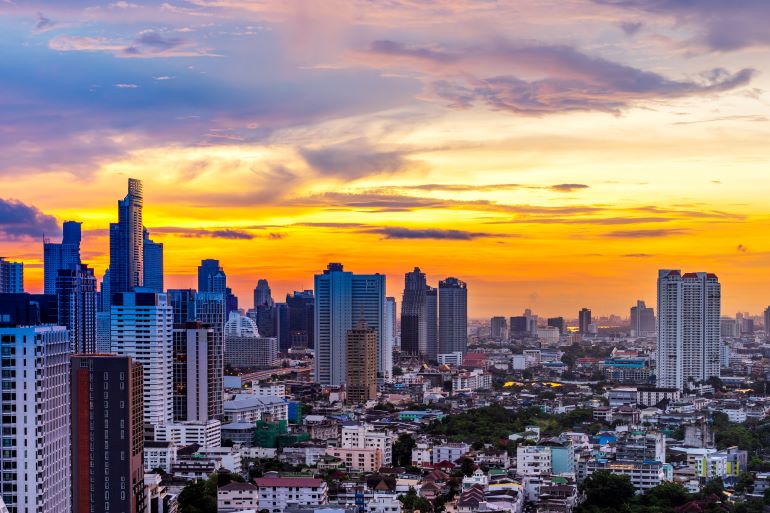
South Africa on Edge: Fears Mount Over Rising Unrest and Crumbling State Control
South Africa is standing on shaky ground. Law enforcement is struggling to keep up with organised crime, communities are taking to the streets over dry taps, and the ruling party is too busy fighting itself to steer the country away from the storm.
Experts and government officials are now warning that the combination of corruption, political infighting, and collapsing infrastructure could ignite a wave of social unrest, the kind that could shake the foundations of a fragile democracy.
A Government Distracted by Its Own Survival
President Cyril Ramaphosa’s government seems increasingly paralysed by consensus politics and party divisions. With the ANC’s power slipping and the next leadership battle looming in 2027, the ruling party has become more preoccupied with succession than service delivery.
Ramaphosa’s calm demeanour masks a growing perception of him as a lame duck leader, one unable to enforce authority over law enforcement agencies, the military, or even his own Cabinet. His government’s failure to act decisively on South Africa’s economic crisis, or to mend strained ties with global allies like the United States, has further eroded public confidence.
Within the Government of National Unity (GNU), the ANC’s focus on maintaining internal unity often means decisions are watered down by endless negotiations. The result: paralysis at the top, chaos at the bottom.
Service Delivery Protests Signal a Country on Boil
Across the country, frustration is spilling into the streets. In parts of Johannesburg, residents have gone weeks without water, blocking roads and confronting officials in desperate protests.
Even President Ramaphosa has acknowledged the danger, warning that South Africa could face serious unrest if water shortages and corruption in the sector are not urgently addressed. “These factors make for what is called a perfect storm,” he said, pointing to failing infrastructure and poor local management as the root causes of public anger.
Electricity Minister Kgosientsho Ramokgopa has echoed similar concerns warning that rising tariffs, coupled with illegal connections, could spark violent resistance in communities already burdened by poverty.
Law Enforcement Losing Control
While communities fight for water and power, the police are losing the battle against crime. The Centre for Risk Analysis (CRA) recently sounded the alarm on the weakening state of South Africa’s law enforcement, warning that the police no longer have the capacity to counter organised crime effectively.
To make matters worse, the department itself is plagued by internal power struggles. Police Minister Senzo Mchunu has faced allegations of ties to criminal networks, while National Police Commissioner Fannie Masemola continues to battle operational dysfunction within the ranks.
Organised crime has flourished under these conditions. South Africa now ranks 7th in the world on the 2023 Global Organised Crime Index, behind only countries like Mexico, Colombia, and Nigeria. Law enforcement’s resilience score sits at a worrying 4.5 out of 10, reflecting deep institutional decay.
Security companies have also noticed the trend. Allied Universal reported a 28% increase in physical threats against company executives in South Africa, while G4S Africa found that over 75% of businesses experienced criminal violence last year.
The Patronage Problem: When Politics Fuels Crime
The CRA warns that as ANC dominance wanes, its once-powerful patronage networks are beginning to fracture and that could turn violent. Groups tied to lucrative state contracts may resort to intimidation or even bloodshed to protect their interests.
These so-called “mafias” particularly in the construction, transport, and water sectors are already flexing their muscle. As the 2026 local government elections approach, analysts expect a rise in politically motivated violence, especially in areas where tenders and resources are at stake.
A Perfect Storm Brewing
Taken together, these pressures, political instability, economic decline, corruption, and state failure, form what many describe as a perfect storm.
If the government continues to stall on reform and accountability, social unrest may no longer be a warning, but a reality.
As one Johannesburg resident put it during a recent water protest, “We don’t want to fight. But when the taps run dry, and the lights go off, what choice do we have?”
{Source: Daily Investor}
Follow Joburg ETC on Facebook, Twitter , TikTok and Instagram
For more News in Johannesburg, visit joburgetc.com



